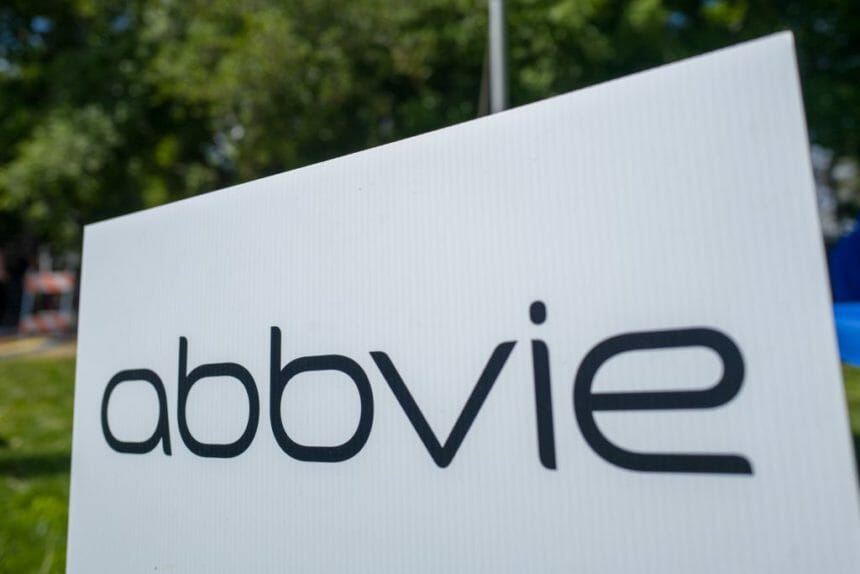AbbVie and AstraZeneca both released their most recent earnings reports Thursday morning.
AbbVie posted full-year net revenues of $58 billion, marking an increase of 3.3% year-over-year, boosted by $28.9 billion in revenue generated from its immunology portfolio. Despite full-year revenue growth from its neuroscience (10.1%) and aesthetics (1.9%) portfolios, AbbVie’s hematologic portfolio experienced a 9% decline in revenues during 2022.
For the quarter, AbbVie reported top line growth with net revenues of $15.1 billion, up 1.6% year-over-year, though its earnings per share (EPS) fell 38.9%.
Looking ahead, AbbVie projects its adjusted EPS will be in the range of $10.70 to $11.10.
The company’s most significant transactions during the quarter were its $40 million collaboration with HotSpot Therapeutics for its discover-stage IRF5 program and its $255 million acquisition of DJS Antibodies.
Additionally, this marks AbbVie’s first earnings release since it left two influential healthcare trade associations, Pharmaceutical Research and Manufacturers of America and the Biotechnology Innovation Organization, at the end of 2022.
“2022 was another highly productive year capping a decade of outstanding performance. Since our inception, we have built a diverse portfolio of growth products with significant leadership positions, developed a robust pipeline of innovative assets and created a culture of strong execution,” AbbVie CEO Richard Gonzalez said in a statement. “Looking forward, we have a solid foundation which will allow us to absorb the U.S. Humira loss of exclusivity, return to strong top-line growth in 2025 and drive top-tier financial performance over the long term.”
Meanwhile, AstraZeneca saw its total revenue increase 25% at constant exchange rates (CER) to $44.3 billion during 2022, driven by growth in its therapy segments and the addition of Alexion.
For the full-year, AstraZeneca’s core EPS was $6.66, up 33% at CER. However, for the quarter ending December 31, the company’s core EPS slid 5% at CER, though its total revenue inched up 1% to $11.2 billion.
Going forward, AstraZeneca said it expects its total revenue to increase by a low-to-mid single-digit percentage, with core EPS expected to increase by a high single-digit to low double-digit percentage.
The most notable M&A activity during the quarter was AstraZeneca’s $320M deal for Neogene Therapeutics in October. More recently, the company announced that it is buying CinCor Pharma for $1.8 billion to boost its cardiorenal pipeline.
The British pharma giant’s earnings come amid Roche releasing promising data from a Phase II study indicating that Soliris, its treatment for paroxysmal nocturnal hemoglobinuria, may be in for some competition.
AstraZeneca also recently saw its asthma rescue treatment Airsupra, developed with Avillion, receive approval from the Food and Drug Administration. However, weeks later, the FDA withdrew the Emergency Use Authorization for its COVID-19 treatment Evusheld due to its ineffectiveness against the most prominent COVID-19 subvariants.
“2022 was a year of continued strong company performance and execution of our long-term growth strategy. We made excellent pipeline progress with a record 34 approvals in major markets and we are initiating new late-stage trials for high potential medicines such as camizestrant, datopotamab deruxtecan and volrustomig,” AstraZeneca CEO Pascal Soriot said in a statement. “In 2023, we expect to see another year of double-digit revenue growth at CER, excluding our COVID-19 medicines. We will continue to invest behind our pipeline and recent launches while continuing to improve profitability. We plan to initiate more than thirty Phase III trials this year, of which ten have the potential to deliver peak year sales over one billion dollars.”







